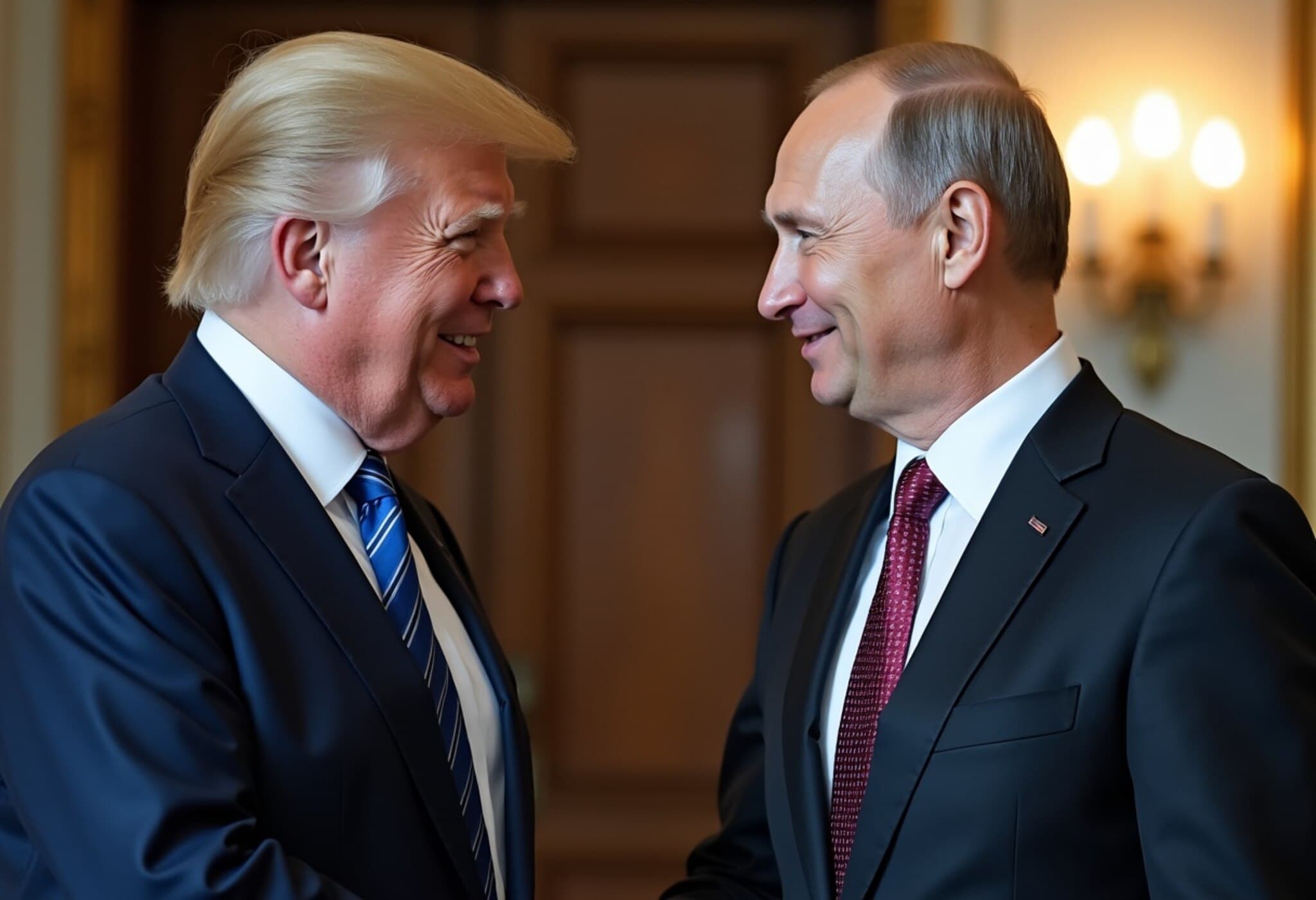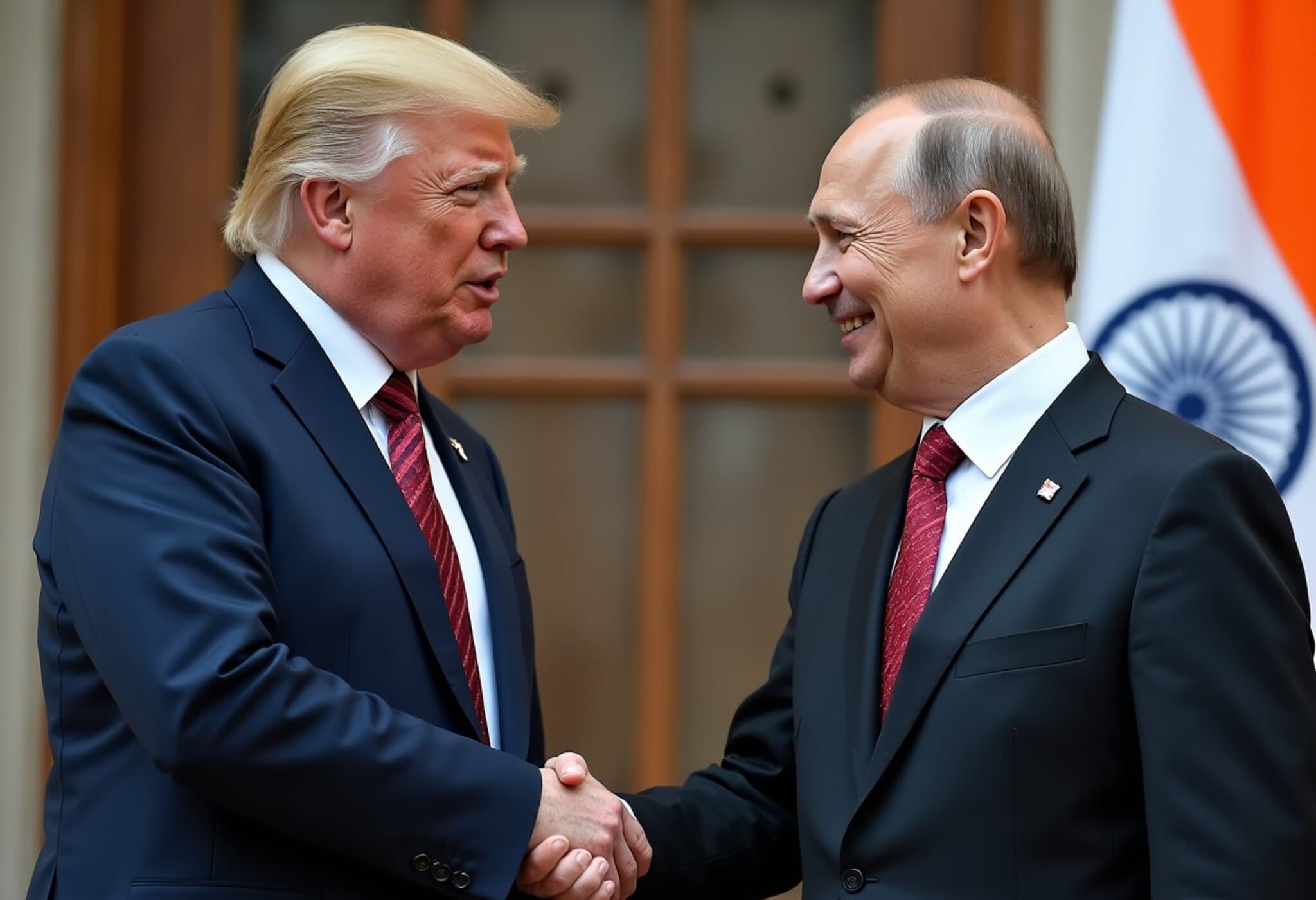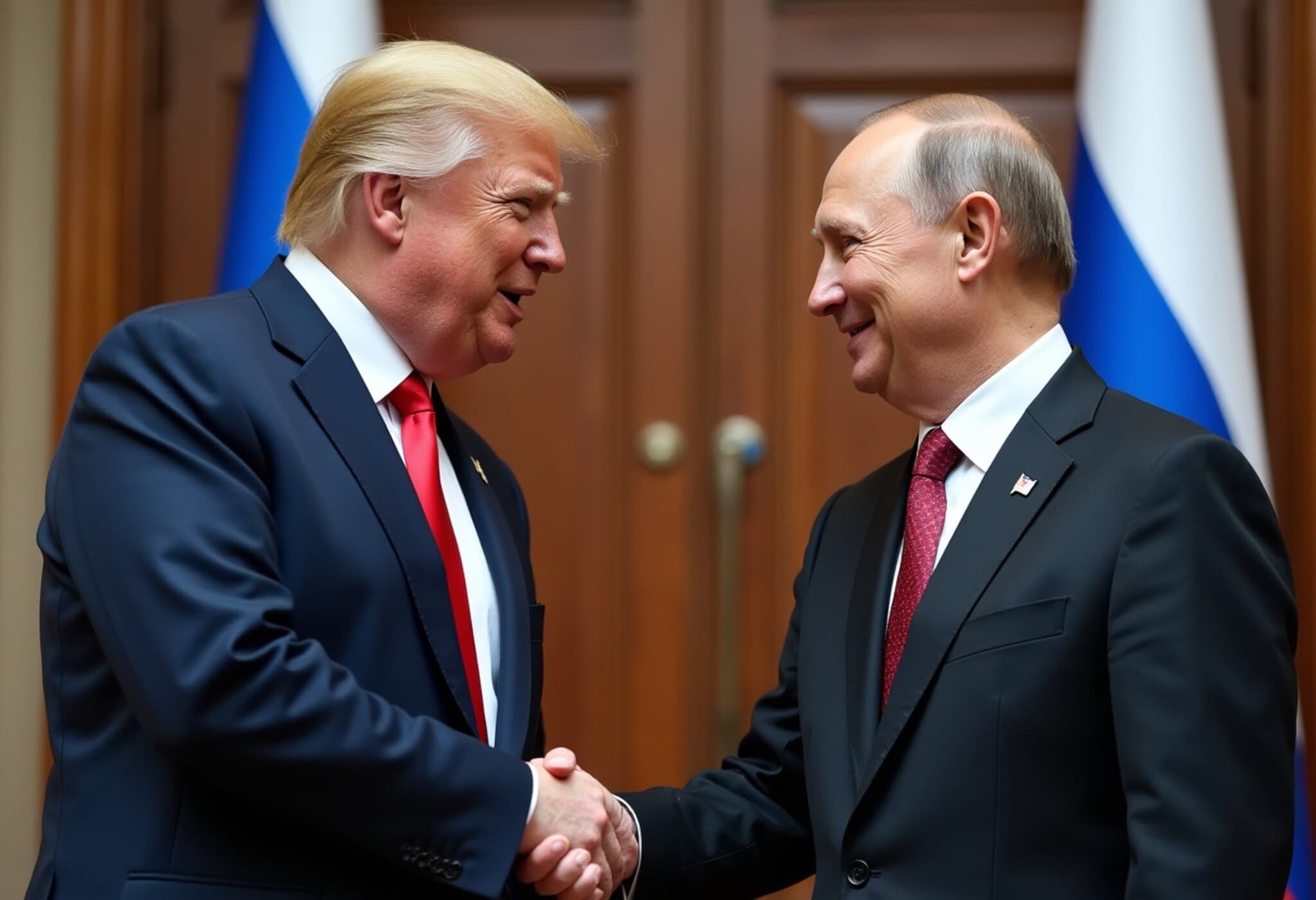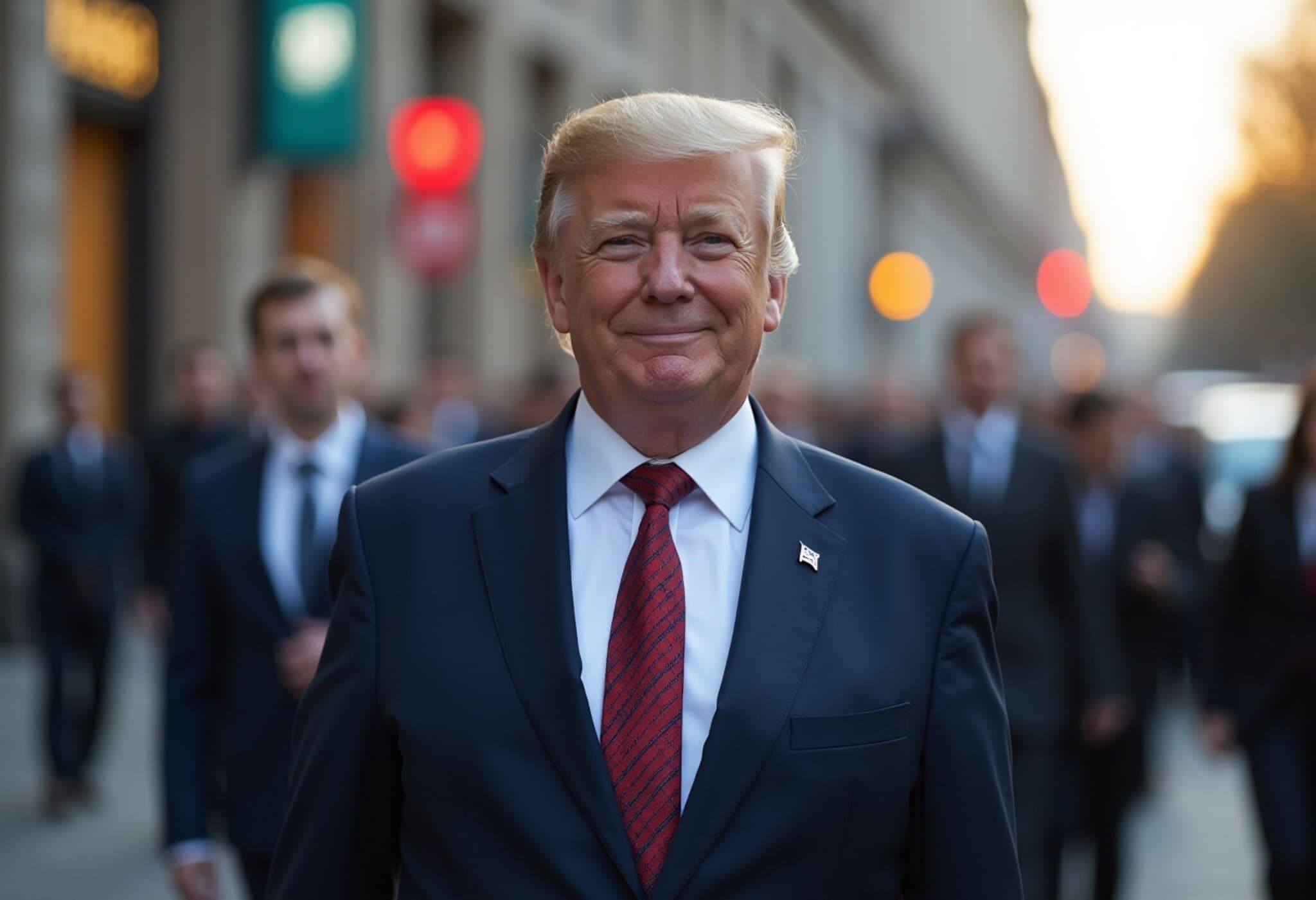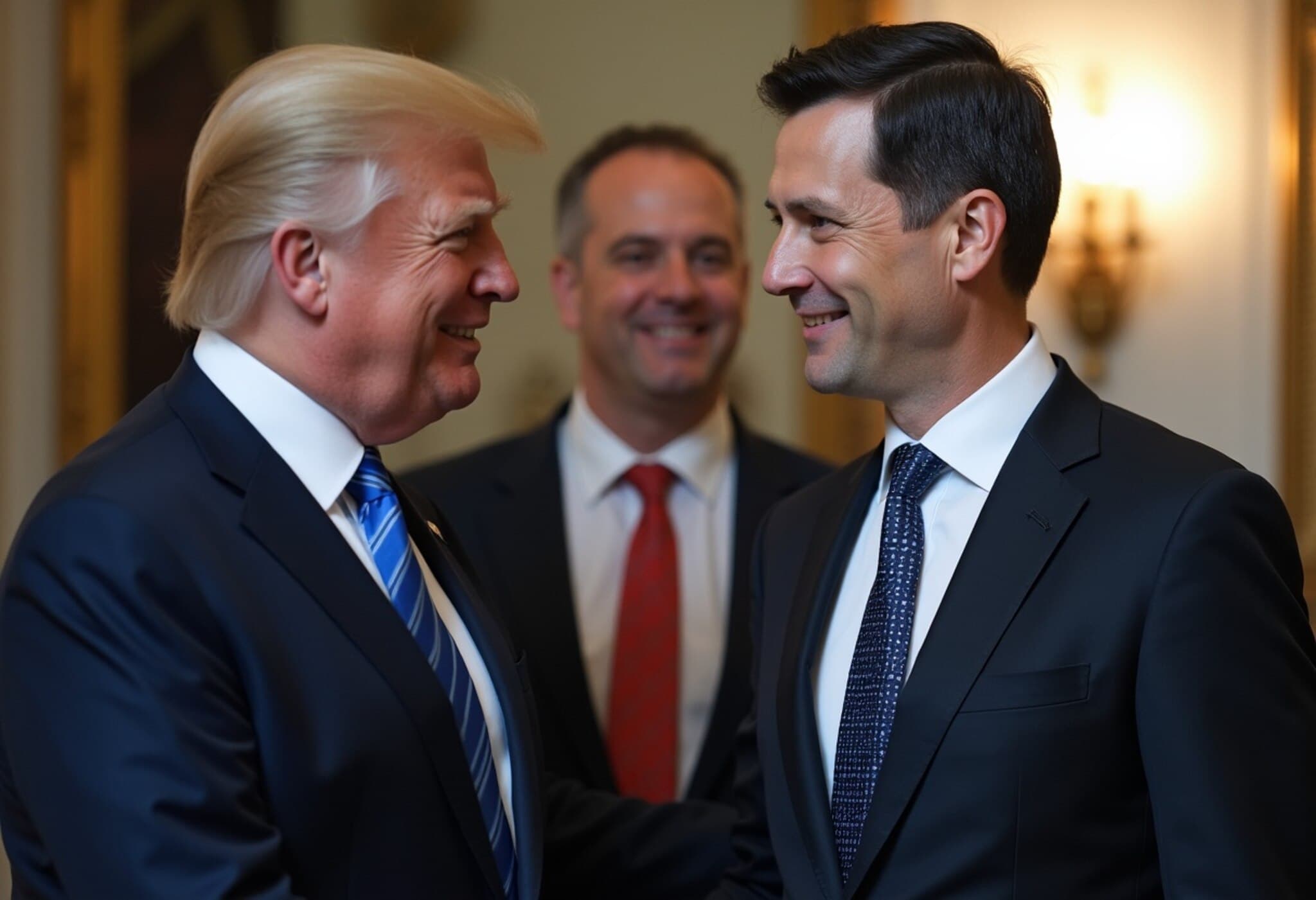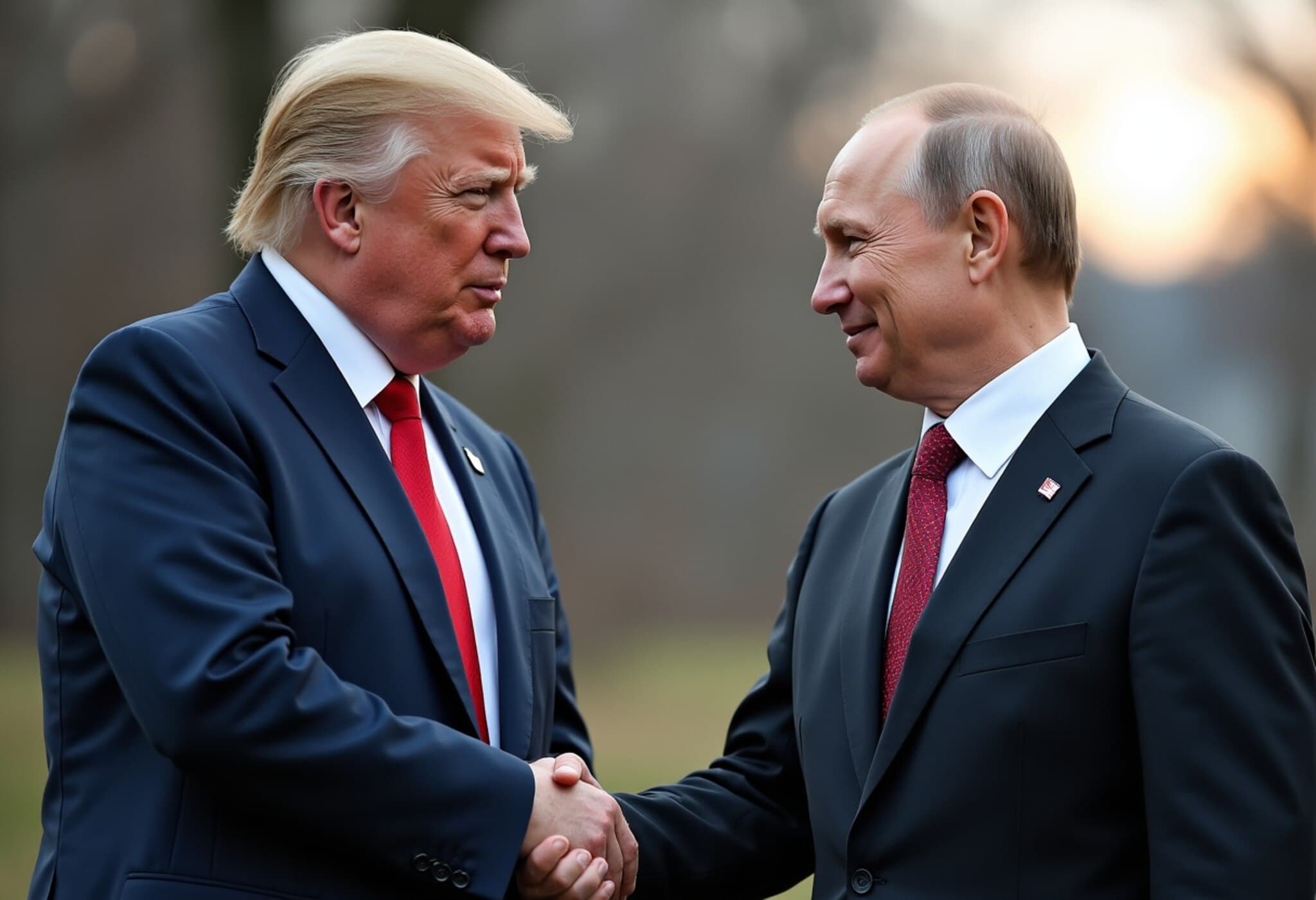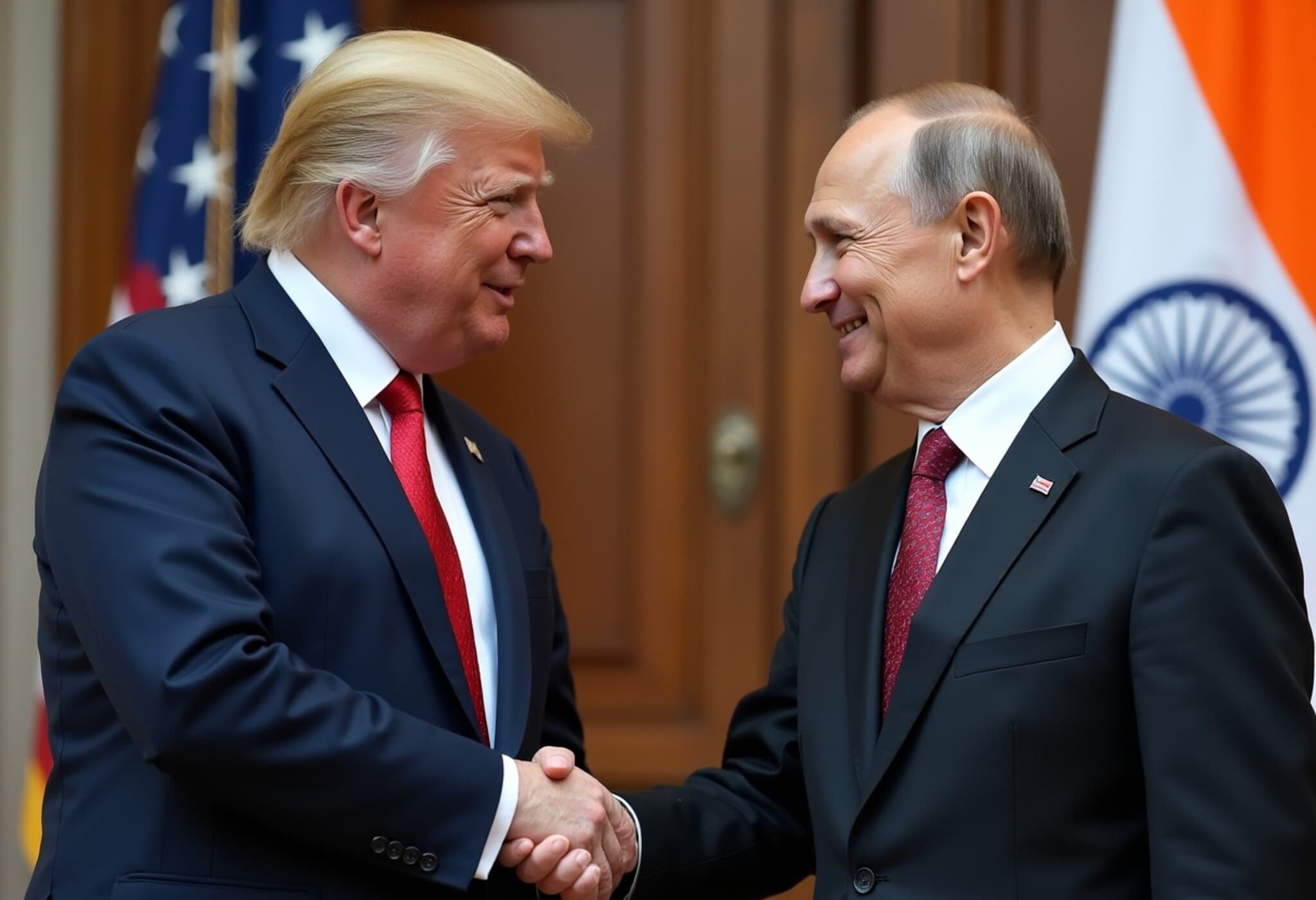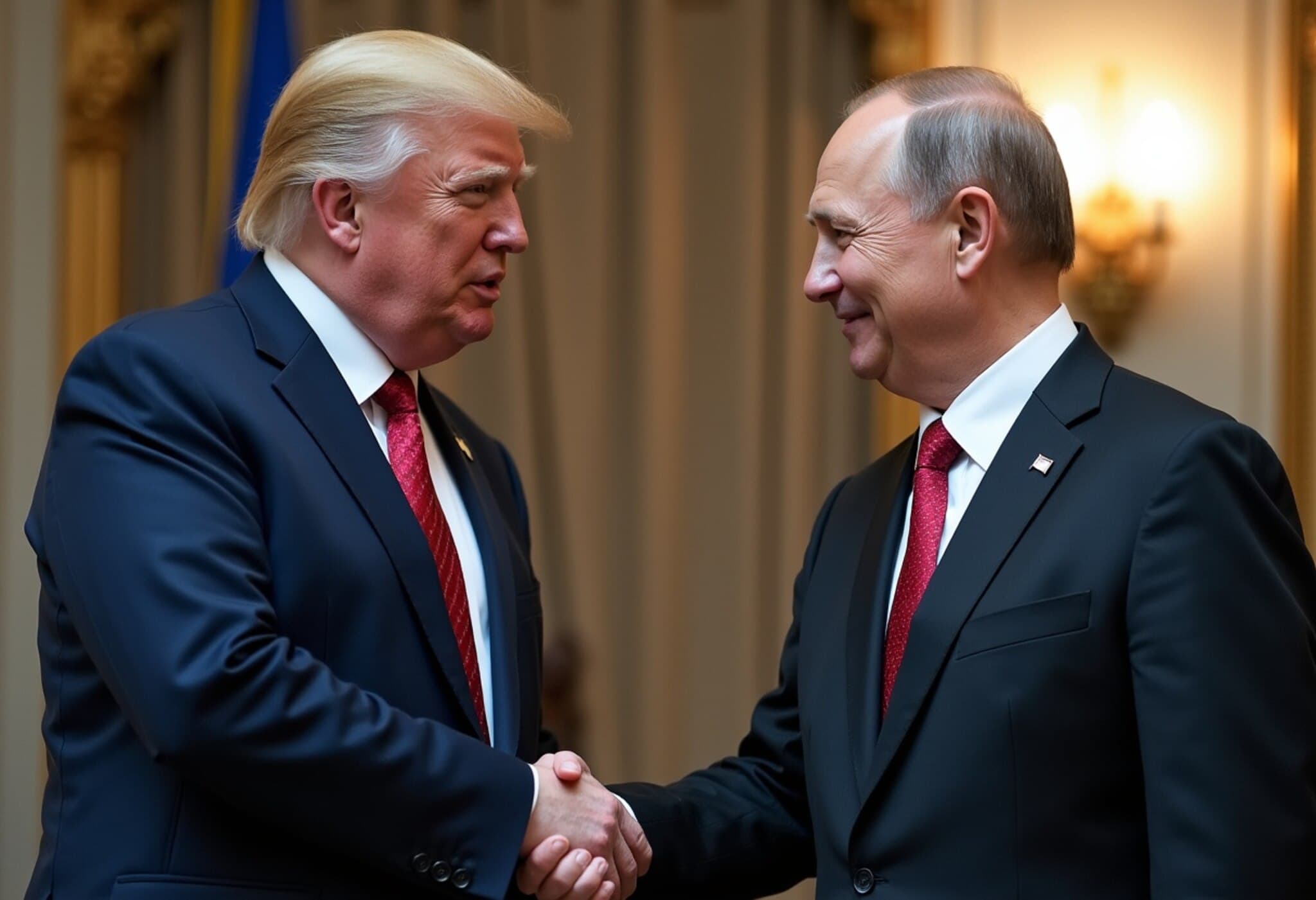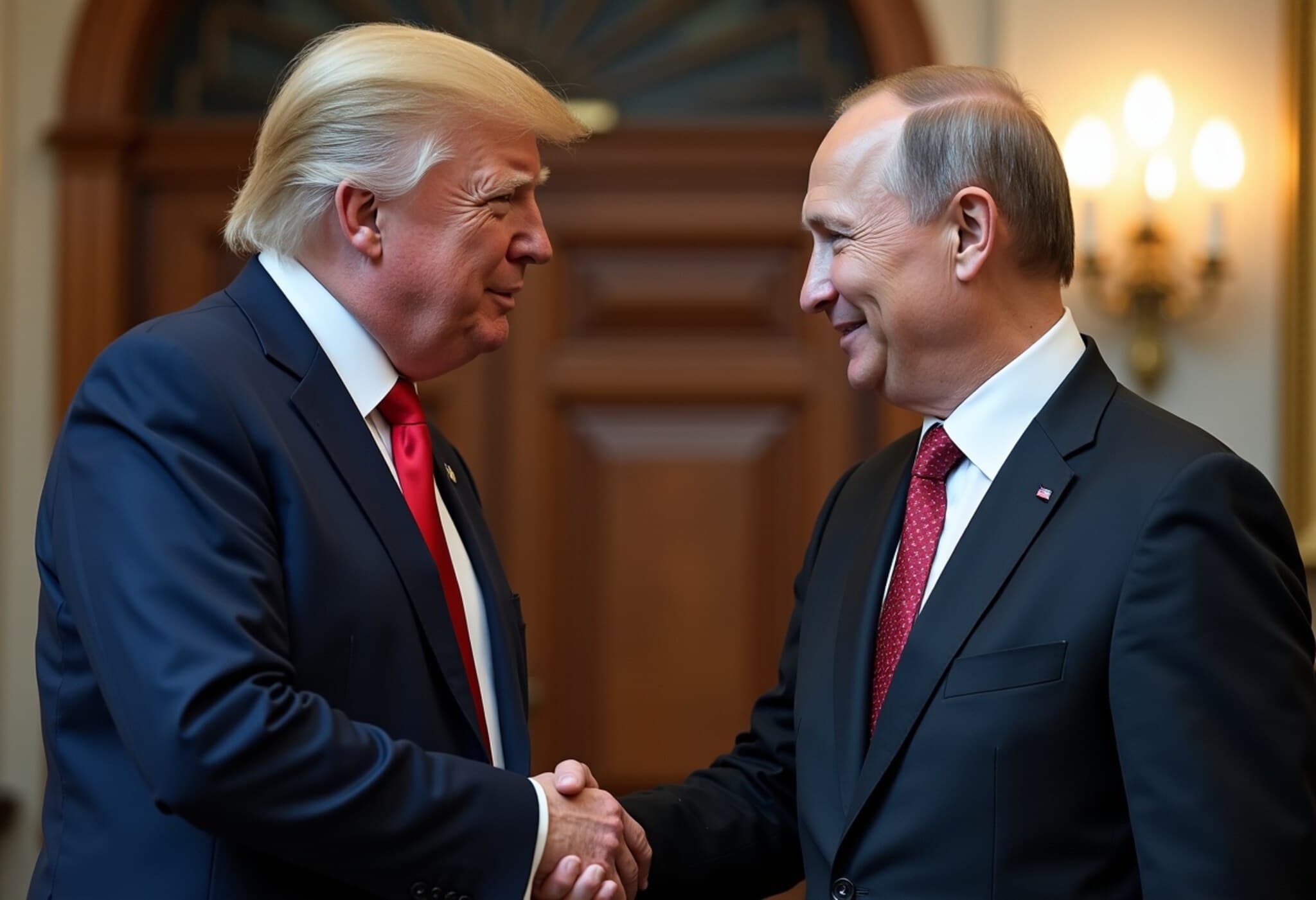Zelenskyy Gains Crucial Backing from Europe and NATO Ahead of Trump-Putin Summit
In a tense prelude to the upcoming summit between Russian President Vladimir Putin and former U.S. President Donald Trump, Ukrainian President Volodymyr Zelenskyy has successfully rallied significant diplomatic support from the European Union and NATO. This show of solidarity comes amid growing apprehensions that Ukraine could be sidelined in negotiations that bear directly on its sovereignty and territorial integrity.
Trump’s Surprising Shift: From Sanctions to Summit
For weeks, Trump had repeatedly threatened new sanctions against Russia as punishment for its persistent aggression against Ukraine. Yet, last Friday, he announced a high-stakes summit with President Putin scheduled for August 15 in Alaska. While the White House indicated Zelenskyy might be invited, initial preparations focus on a bilateral meeting exclusively between the U.S. and Russia.
This development has prompted consternation in Kyiv, particularly as Putin reaffirmed that he would not entertain talks with Zelenskyy anytime soon, citing unresolved conditions that make such a meeting “unfortunately still far away.”
Fears of a Territorial Swap Raise Alarms in Kyiv and Beyond
Perhaps most unsettling was Trump’s suggestion of a territorial exchange “to the betterment of both sides.” This ambiguous statement sent shockwaves through Ukrainian leadership and their European allies, who fear pressure to concede occupied regions. Zelenskyy was unequivocal: any decisions made without Ukraine’s consent are “stillborn” and unviable.
- Russia currently controls nearly 20% of Ukraine, including Crimea, seized in 2014, and parts of Luhansk, Donetsk, Kherson, and Zaporizhzhia.
- Russian claims over these territories lack full military control and international recognition.
- Western analysts dispute Russian narratives about rapid territorial gains, citing high casualties and limited advances.
European Leaders and NATO Unite to Champion Ukraine’s Sovereignty
On the diplomatic front, leaders from Britain, France, Germany, Italy, Poland, Finland, along with the European Commission, issued a strong statement underscoring that any peace solution must safeguard Ukraine’s and Europe’s security interests. EU foreign policy head Kaja Kallas emphasized the U.S.’s leverage to compel Moscow toward meaningful negotiations and insisted that both Ukraine and the EU must be involved in any deal.
NATO Secretary General Mark Rutte echoed these sentiments, framing the summit as a test of Putin’s sincerity in ending the conflict and highlighting the indispensable principle that Ukraine must retain the right to determine its own geopolitical destiny.
Rutte referenced a historical parallel: after World War II, the U.S. accepted Soviet de facto control over the Baltic states but never legally legitimized their annexation. This analogy insinuates that eventual peace might recognize current realities without sanctioning territorial theft.
Russia’s Defiant Response Amid Mounting International Pressure
Predictably, Moscow reacted with hostility. Dmitry Medvedev, former Russian president, derided European attempts to support Ukraine as interference blocking American peacemaking efforts. Meanwhile, Russian Foreign Ministry spokeswoman Maria Zakharova issued vitriolic remarks likening Ukraine-EU ties to “necrophilia,” exemplifying the inflammatory rhetoric underpinning the Kremlin’s propaganda strategy.
Such antagonistic language underscores Russia's refusal to engage constructively and signals potential challenges ahead for diplomatic breakthroughs.
The Stakes for Ukraine: Navigating a Diplomatic Minefield
While transactional deals between Trump and Putin could accelerate peace talks, experts warn of dire consequences for Ukraine and Europe if Kyiv is excluded from negotiations. University of St Andrews Professor Phillips P. O’Brien warned of a looming catastrophe, with Ukraine forced to either accept a humiliating settlement or endure continued isolation and conflict.
Ukrainian analyst Volodymyr Fesenko stressed the critical importance of maintaining a united front with European partners to resist sidelining efforts, noting that cooperation with the EU remains Kyiv’s strongest asset in today’s diplomatic arena.
Looking Ahead: The Need for Inclusive, Principled Diplomacy
The upcoming Alaska summit will test international resolve to balance realpolitik with principles of sovereignty and justice. With Russia controlling significant chunks of Ukrainian territory and a risk that deals could prioritize expedient arrangements over lawful resolutions, the world watches with bated breath.
The complex chessboard of Eastern European geopolitics demands that any peace framework include Ukraine’s voice—not as an afterthought but as a central figure whose future cannot be bartered away.
Editor’s Note
The impending summit between Putin and Trump offers both potential and peril. While diplomatic engagement is always preferable to protracted conflict, excluding Ukraine from discussions about its territory and future is a recipe for instability and injustice. Policymakers must carefully weigh the consequences of sidelining Kyiv, recognizing that true peace hinges on respect for sovereignty and security guarantees. As history has shown, unelected settlements imposed without the consent of affected peoples often sow the seeds of future discord.
Key Questions for Readers:
- How can Western powers ensure that Ukraine remains an active participant in peace negotiations?
- What lessons from post-World War II territorial disputes can guide a just resolution?
- What roles do public opinion and media narratives play in shaping political decisions on this conflict?
Your engagement and awareness remain crucial as this situation evolves on the global stage.

